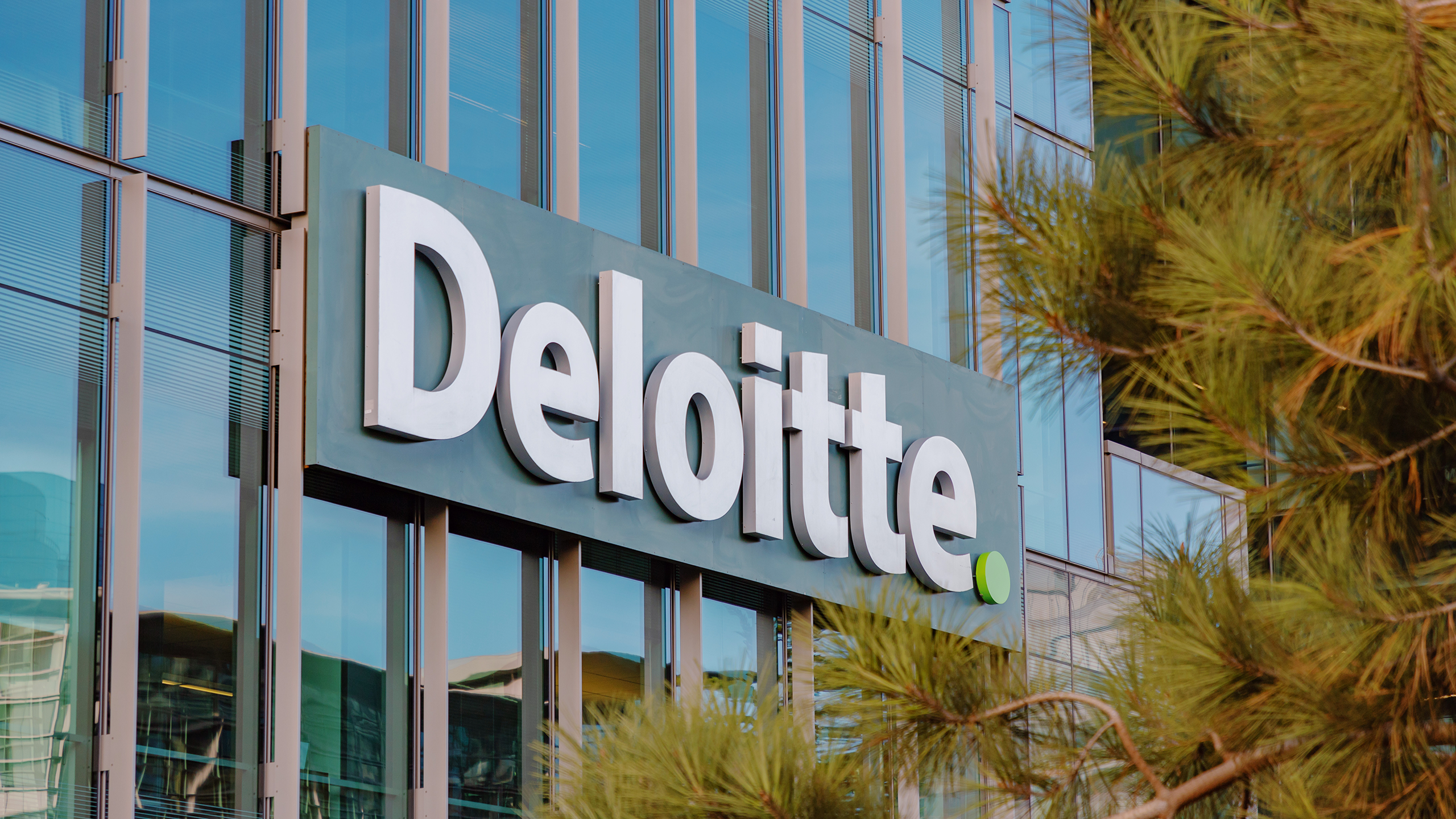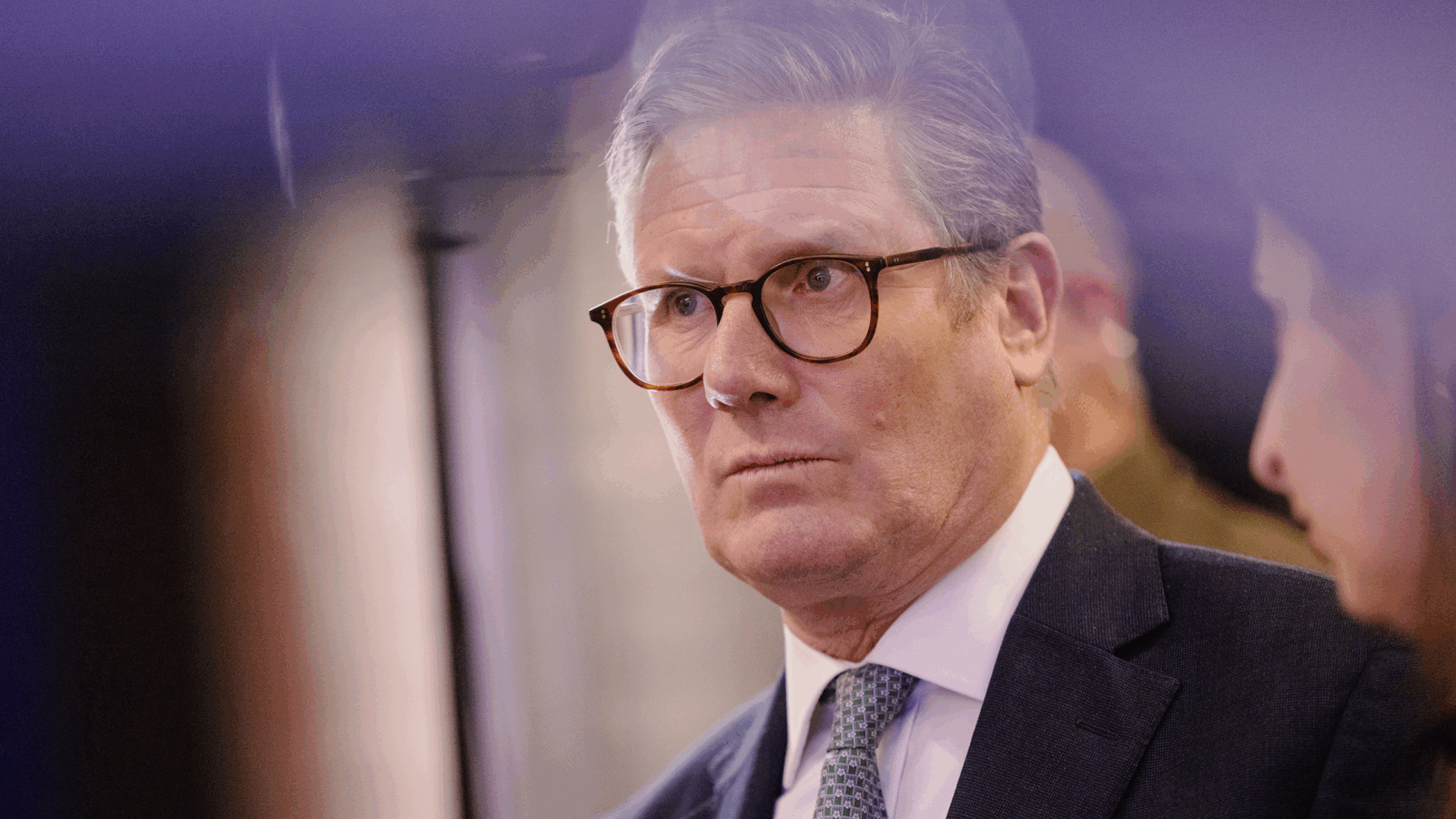Big Four Auditors Slash “Unacceptable” Deficiencies
A talent shortage, increasing regulatory scrutiny, and technological advancements are straining the accounting industry.

Sign up for smart news, insights, and analysis on the biggest financial stories of the day.
An acute talent shortage, increasing regulatory scrutiny, and rapid technological advancements are straining company infrastructure, staff, and clients alike. The auditing sector is not only accrual world but a cruel one.
This week brings some modest praise, however. New figures published by the Public Company Accounting Oversight Board show the Big Four auditing firms reduced deficiencies in their audits of publicly traded companies in 2024, after the board chastised them for “unacceptable” results a year earlier.
Excel at More Than Excel
Deloitte, Ernst & Young, PricewaterhouseCoopers and KPMG are together responsible for auditing companies that account for roughly 80% of the market value of publicly traded businesses, according to the PCAOB.
They are also at the heart of an industry undergoing seismic human and technological change: Hundreds of thousands of people left the profession in the first half of the decade and the American Institute of Certified Public Accountants reported in 2023 that roughly three quarters of its members were at retirement age. On the upside, enrollment in undergraduate accounting programs rebounded 12% in the fall of 2024 after years of decline.
The pandemic didn’t help: Firms were called to rapidly adopt remote work and digital tools, which also meant auditors had limited access to client sites and records, making verification trickier. In the pressure-filled years of 2022 and 2023, the deficiency rate in the Big Four’s public company audits rose to 26%, meaning the oversight board didn’t find sufficient evidence in those cases to support auditors’ written assessments of the accuracy of financial statements, which are required by the US Securities and Exchange Commission. Last year, however, marked a notable improvement:
- The Oversight Board inspected 255 audits performed by Big Four firms and found a 20% deficiency rate: All four firms showed improvement. Deloitte’s deficiency rate dropped to 14% from 21% year-over-year, PricewaterhouseCoopers’ rate fell to 16% from 18%, and KPMG’s declined to 20% from 26%.
- EY had the highest rate for the second year in a row at 28%, but it was a marked decrease from 37% in 2023 and 46% in 2022. To improve its practice, EY dumped dozens of clients last year.
PCAOB Chair Erica Y. Williams praised the “significant improvements” but cautioned that the “work is far from over.”
Regulator Uncertainty: Under Williams, the PCAOB — which is a nonprofit overseen by the Securities and Exchange Commission — has ramped up enforcement actions to historic levels to try and improve industry performance, but there’s no guarantee that will continue. Paul Atkins, President Trump’s nominee to lead the SEC, declined to answer last week when asked if he thought the PCAOB should be abolished and folded into the SEC. The board was created by the Sarbanes-Oxley Act of 2002, following the bankruptcy of energy company Enron — the largest in US history at the time — and the conviction of its auditor, Arthur Andersen, on a federal obstruction of justice charge.











